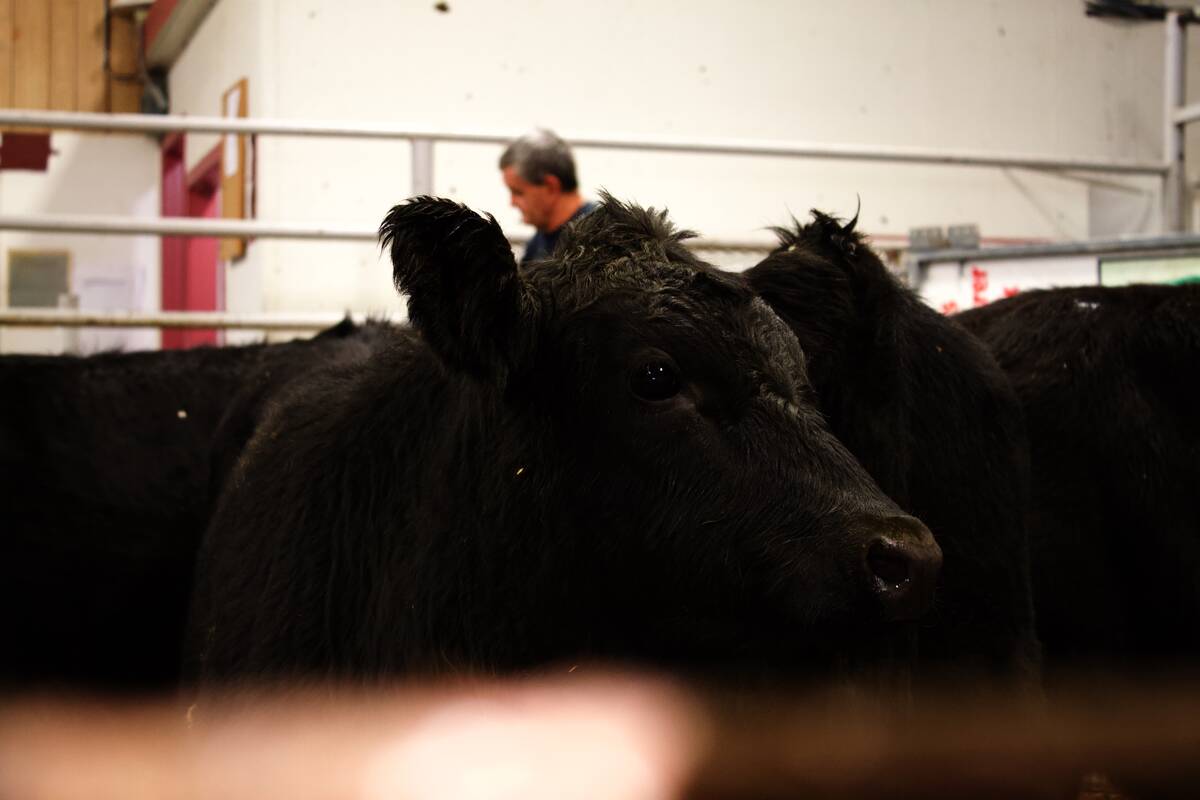Canada’s dairy producers are assured their government doesn’t plan to talk itself out of its supply management system for dairy, eggs and poultry for the sake of a major Asia-Pacific trade deal.
The Canadian government on Sunday announced its intent to enter consultations with members of the nine-country Trans-Pacific Partnership (TPP) toward Canada’s "possible participation in negotiations."
The TPP participants, which so far include the U.S., Australia, New Zealand, Vietnam, Singapore, Malaysia, Chile, Peru and Brunei Darussalam, on Saturday announced they had reached "broad outlines" of a deal to "enhance trade and investment" among them.
Read Also

U.S. livestock: Cattle rally, hogs rise
Chicago cattle rallied on Monday. Lean hogs also rose. Most-active April live cattle futures closed at 239.525 cents a pound,…
That outline, reached during the Asia-Pacific Economic Cooperation (APEC) forum in Honolulu, features text on trade in goods that addresses "tariff elimination… as well as elimination of non-tariff measures that can serve as trade barriers."
"Additional provisions related to agricultural export competition and food security also are under discussion," the TPP nations said in their joint statement Saturday.
"We recognize the TPP as a means to further strengthen those ties and contribute to what promises to become a broadly-based vehicle for economic integration in the region, a goal we all share as members of APEC," federal International Trade Minister Ed Fast said in a separate release Monday.
In their own release Monday, however, Dairy Farmers of Canada said Prime Minister Stephen Harper has been "very clear that Canada will not pre-negotiate its entry in the TPP, as it relates to agricultural supply management, intellectual property rights or other broad Canadian interests."
Besides, DFC president Wally Smith said in that group’s release, "supply management has not stood in the way of Canada’s ability to successfully negotiate trade agreements in the past and it is unlikely to do so in the future."
The NAFTA trade deal with the U.S. and Mexico, and bilateral deals with Jordan, Colombia, Peru, Costa Rica, Chile, Israel and others were concluded "while balancing Canadian interests," the DFC said.
"Supply management allows farmers to make a living from the marketplace in Canada," said Smith, a Vancouver Island dairy farmer. "The government has no desire to see our farmers have to compete against the treasuries of other countries."
"Higher prices"
Another ag group, the Western Canadian Wheat Growers Association, hailed Canada’s statement of intent in a separate release, noting Japan and Mexico have also announced their intent to get in on the TPP.
"Lowering tariffs and other trade barriers through the (TPP) would result in higher grain and livestock prices for Prairie farmers," association president Kevin Bender said Monday.
"If Canada is excluded, it means competitors such as Australia and the U.S. will gain preferential access to important markets in Asia and South America," he said. "Embracing this free trade agreement will make sure Canada remains on an equal footing."
Improved access to the TPP nations would allow Prairie farmers to capture a "significant share" of the growing markets in Asian countries for grain and meat, and "will also help ensure our agricultural industry is not overly dependent on U.S. or European markets," said Bender, a farmer at Bentley, Alta.
The U.S. government also welcomed the announcements of interest from Canada and Mexico, its "neighbours and largest export markets."
"Along with Japan’s similar announcement this week, the desire of these North American nations to consult with TPP partners demonstrates the broadening momentum and dynamism of this ambitious effort toward economic integration across the Pacific," U.S Trade Representative Ron Kirk said in a statement.














